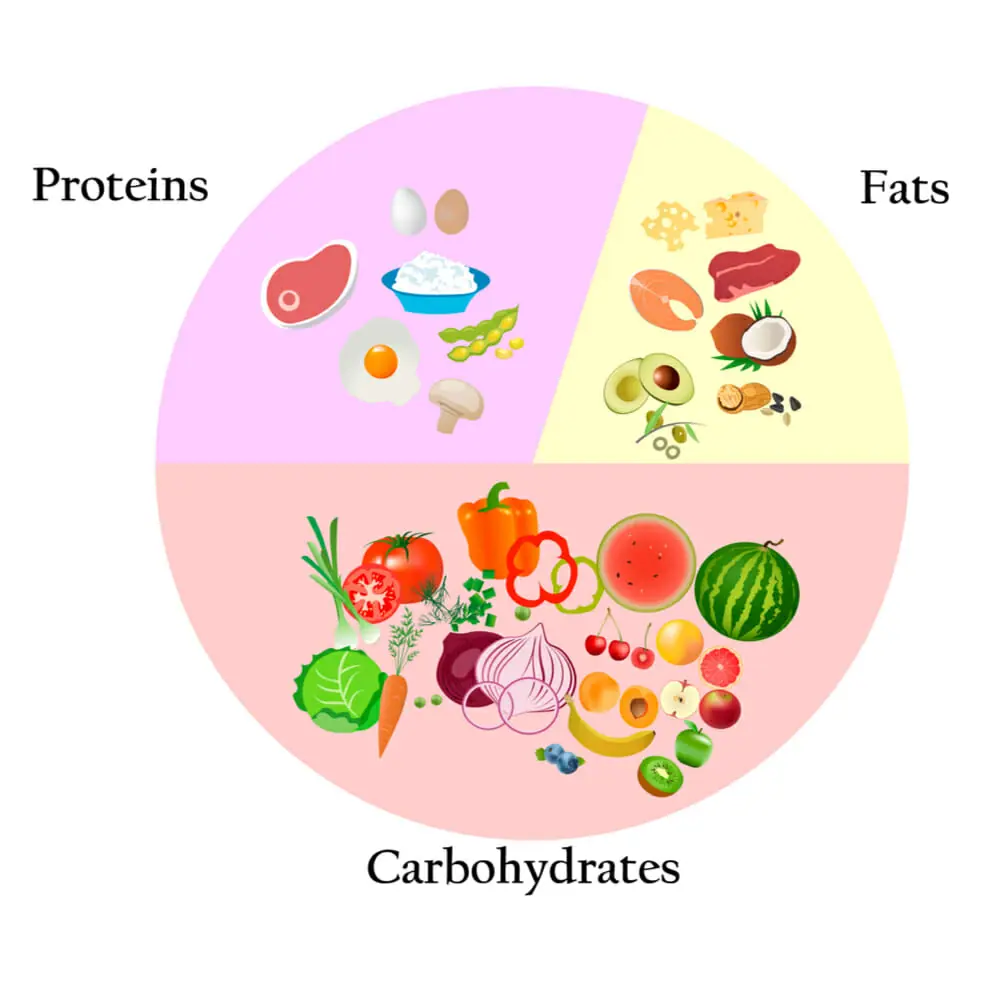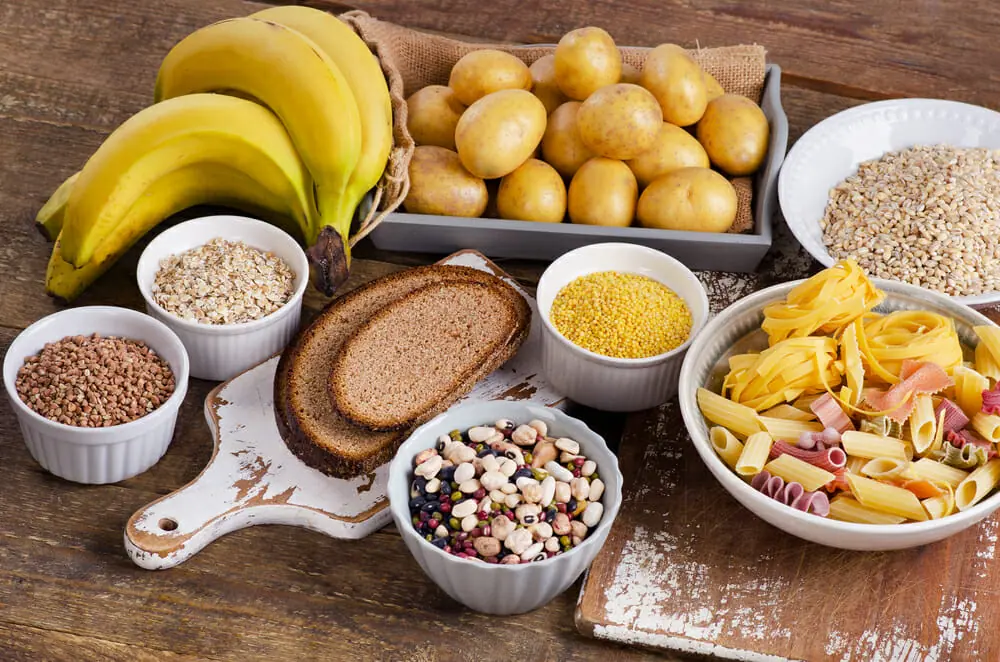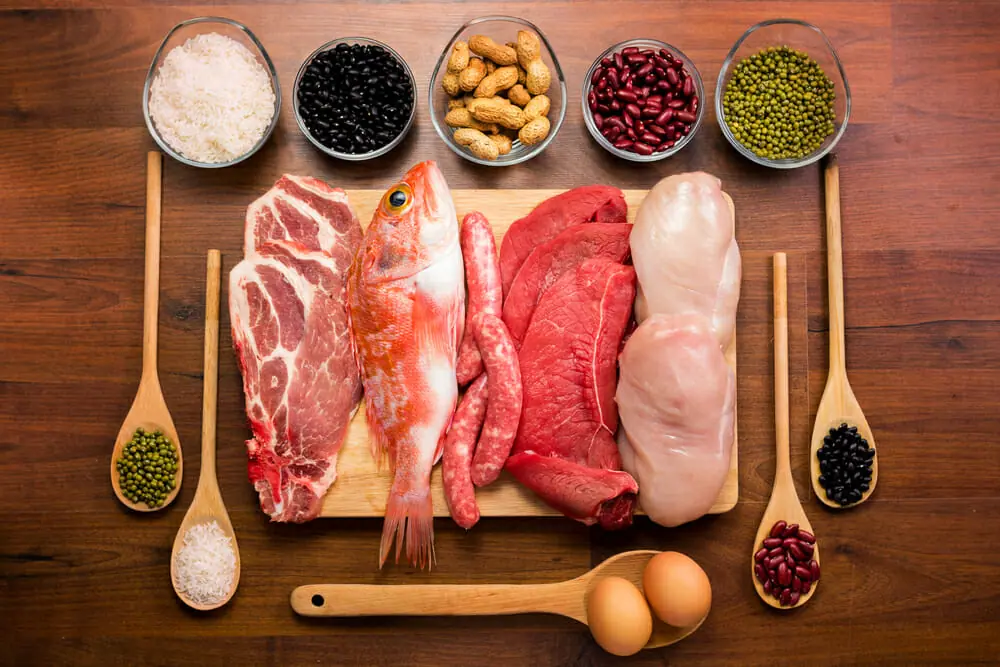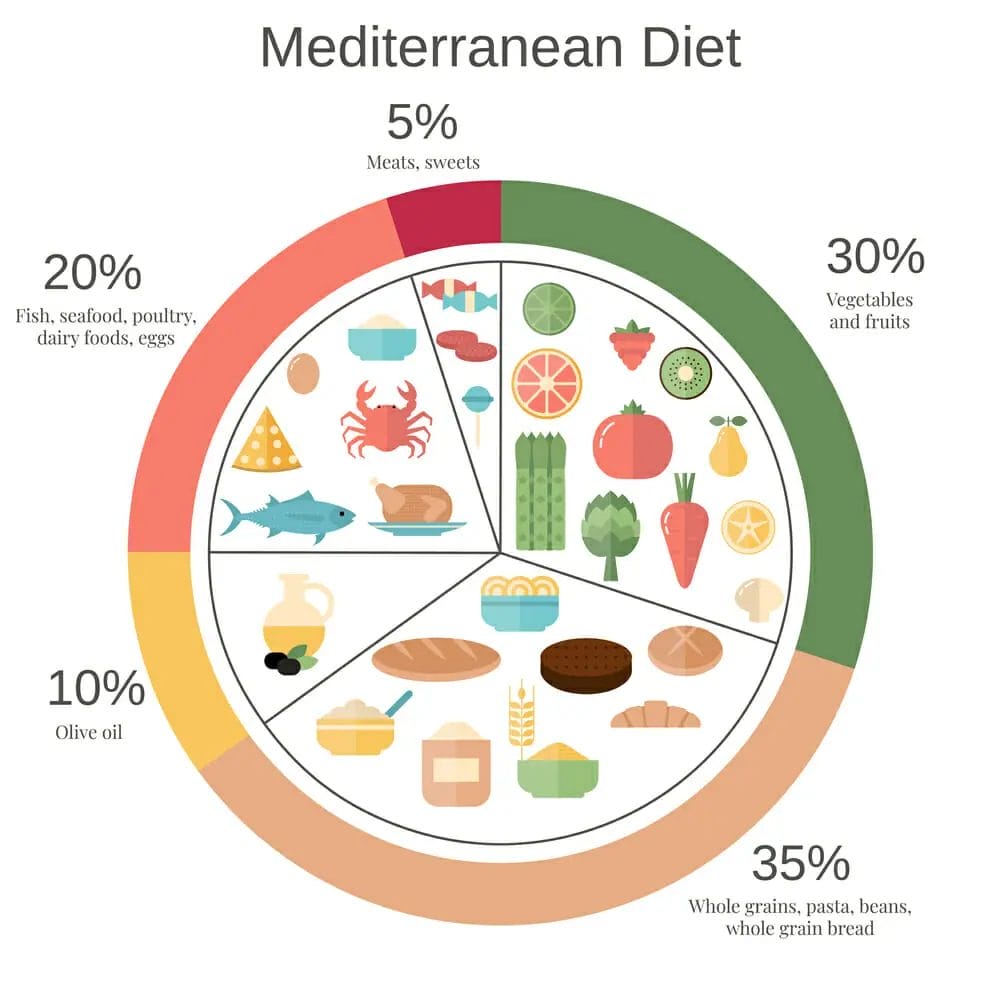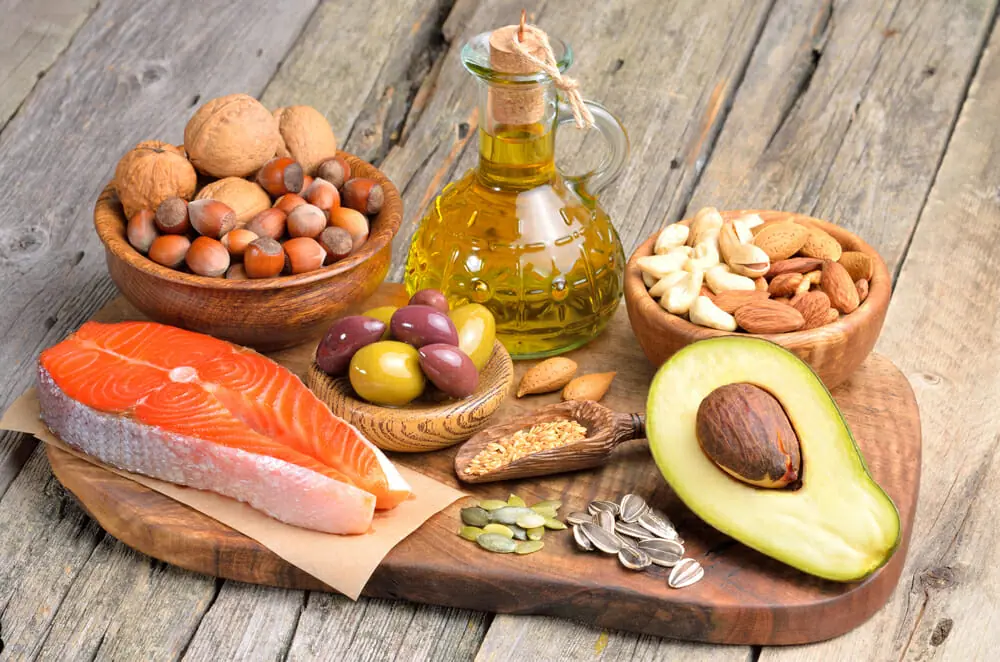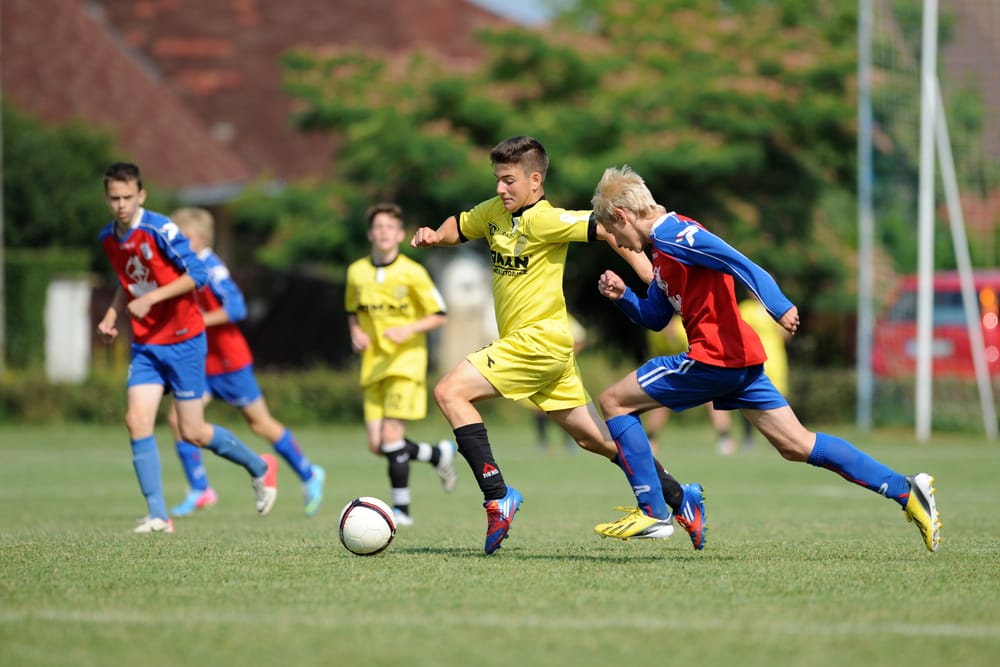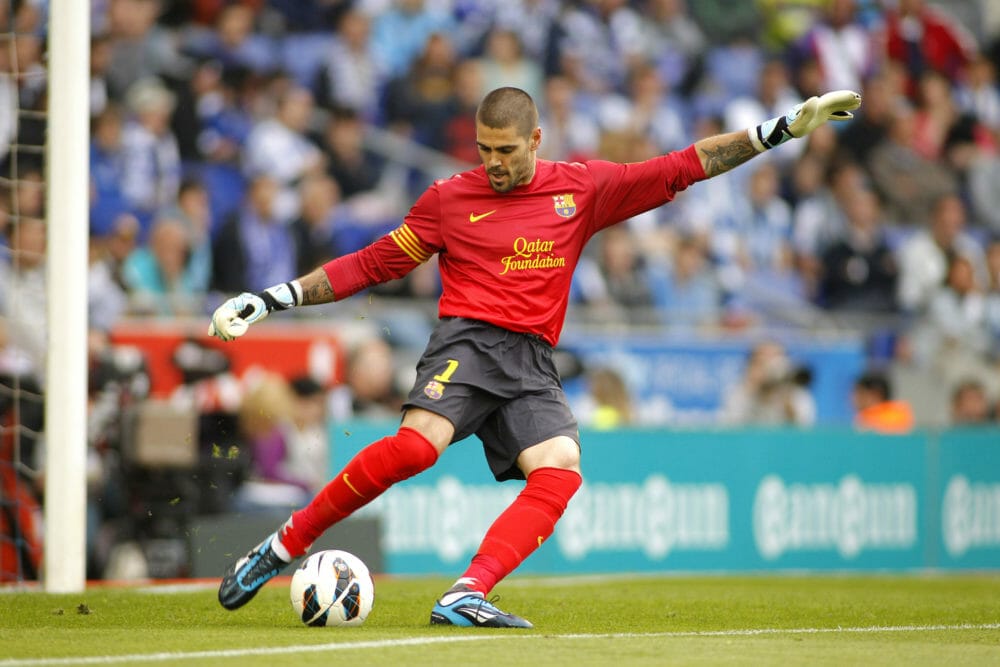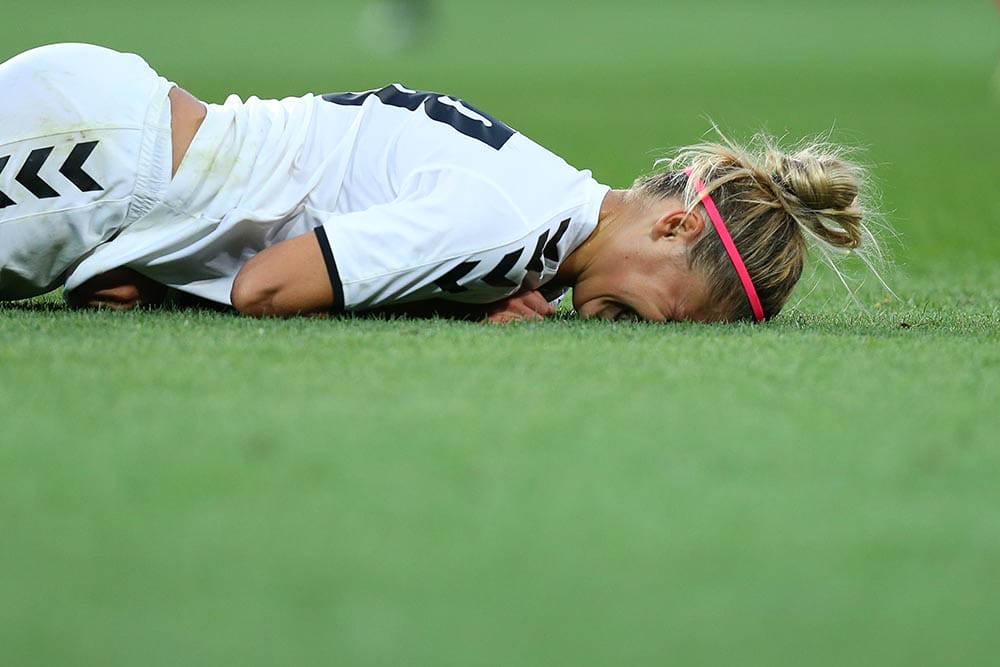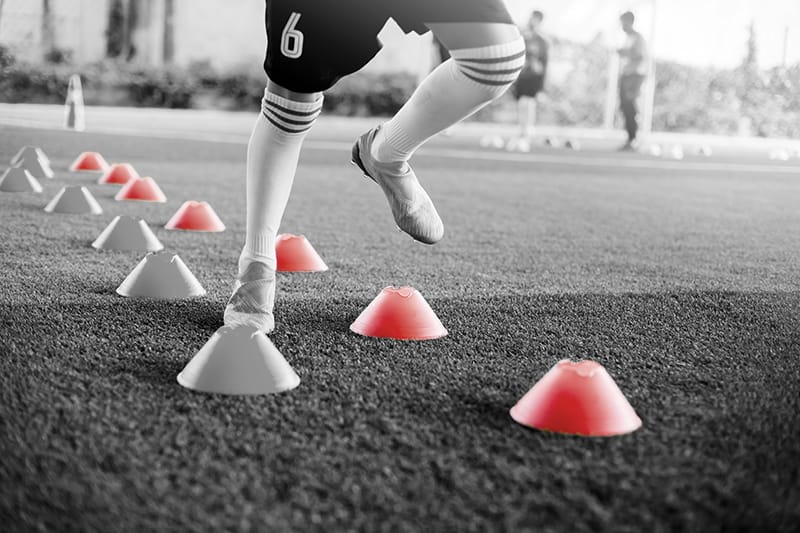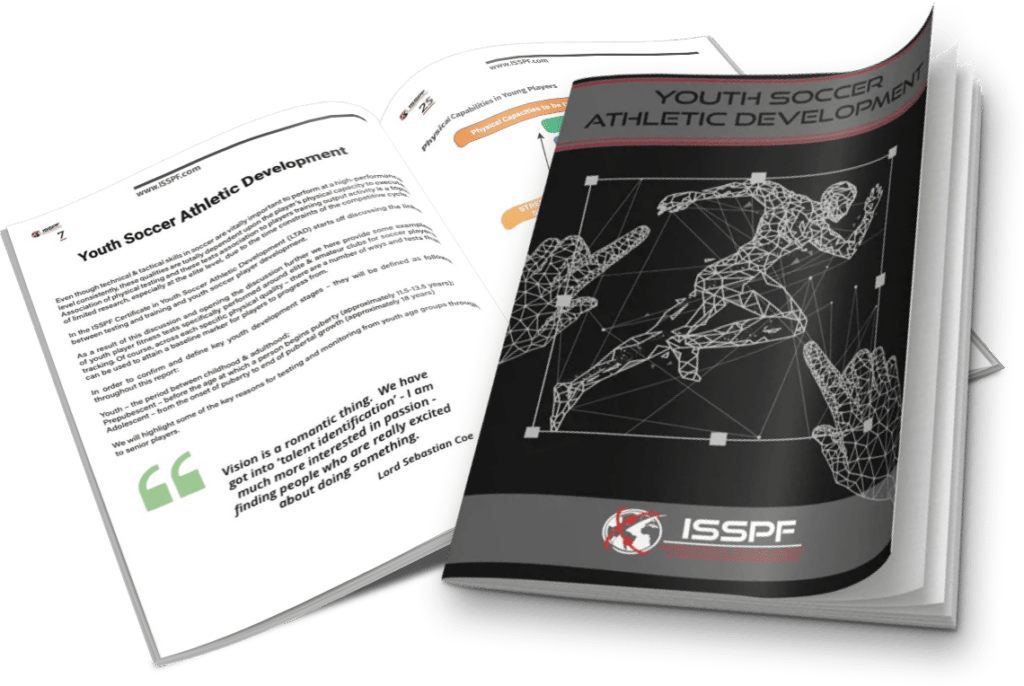One of the vitally important & key principles of sound nutrition for footballers or soccer performance involves understanding what a healthy diet looks like. The basic eating principles are measured around the 3 key macronutrients: Carbohydrates, Protein & Fats.
This article dives a little deeper into the 3 fundamental food types for the soccer player diet.
What is a Healthy Diet for Soccer Players?
Carbohydrates
Carbohydrate is the most important fuel for working muscles at high intensity activity such as football and is suggested to make up the bulk of your soccer player diet.
For most sports people, especially footballers dietary wise, 60-70% of energy should come from carbohydrates to be able to perform to maximum levels.
New literature in this space has reported a new way of maximising nutritional intake through ‘nutritional periodisation’ strategies, however, this is discussed in more depth within the ISSPF online sport nutrition courses.
What is a Carbohydrate?
Carbohydrate is stored in muscles and the liver as glycogen. It is stored with about 3x its own weight of water and 3x more glycogen is stored in muscles than in the liver.
Protein
There is a limited supply of glycogen in the body – approximately 2000kcals. Though training can influence this figure depending upon the requirements of the sport involved.
Expert sport & soccer nutritionist Dr Eirini Manthou (ISSPF Faculty Member) expertly covers in detail the role carbohydrates play in team & individual sports within Lecture 2 of the ISSPF accredited sports nutrition online course: Understanding Micro & Macronutrients.
Protein makes up part of the structure of every cell in the body. Proteins form the framework of the body and transporting materials around the body & inside cells. It is necessary for the growth and formation of new tissues and also to repair damaged tissues.
How Much Protein Should a Soccer Player Eat?
Protein is suggested to make up approximately 12-15% of a soccer player’s diet. Soccer players require around 1.3-1.8 grams per kilogram of body weight per day.
The Importance of Protein
It is required to manufacture enzymes and hormones such as insulin and adrenaline. Protein is constantly being broken down and rebuilt in the body, therefore it is important that there is a regular supply of protein in the footballers diet in order to compensate for the continual loss that occurs in the body through vigorous training & competition.
Protein is made up of smaller building blocks called amino acids, some of which manufactured by the body and some of which are essential amino acids and must be provided through the soccer players diet.
How is Protein Used as a Fuel?
When protein is digested within the body, amino groups are converted in the liver into a substance called urea. This is then passed to the kidneys and excreted in the urine. The remainder of the protein is converted into glucose and used as an energy substrate to assist in physical exertion.
What are Good Sources of Protein?
- Quality meat – avoid processed meat products
- Quality poultry
- Game i.e. Venison, pheasant
- Fish
- Eggs
Fats
What Does Fat Provide?
- Energy
- Fat-soluble vitamins
Fat is the most concentrated source of energy in the diet. It provides roughly double the number of calories per gram as carbohydrate and protein. Fat also provides the fat-soluble vitamins A, D, E & K, which are important to our overall nutritional intake.
Types of Fat
Food contains a mixture of three kinds of fats – saturated, mono-unsaturated and poly-unsaturated. i.e. saturated fats are found in meat, meat products, cooking fats, biscuits, cakes and pastries.
Only a small proportion of your fat intake should come from saturated fat as it is thought to have the most detrimental effect on your health as they raise the level of cholesterol in the blood, which increases your risk of heart disease.
The small amount of fat that we do eat should come from a mono or poly-unsaturated source.
- Mono-unsaturated can be described as fats that are liquid at room temperature and are found in high quantities in olive and rapeseed oils.
- Poly-unsaturated fats can be described also as liquid at room temperatures, and is a substance that are found in vegetable oils like sunflower oil and is also found in fish.
Join our Sports Nutrition Course
The demand for sport nutrition experts, performance & coaching specialists in football & team sports is growing year upon year. Thousands of students are leaving university with a sport science degree, however many of them asking the key question – What now? How do I get a job in football? What’s the next step? Which area of sport or football science do I want to specialise in?
This is certainly an interesting question as progressing from completing a sport science or nutrition related degree to then working in professional football & trying to understanding all the key components, and soft skills that come with jobs in football or careers within sport.
The bespoke courses developed by ISSPF Elite Faculty members are a way of further exposing sport science & nutritional related students, individuals working within the game & other football science enthusiasts with a thirst to develop further in this specific nutrition & performance area.
The link below will take you to the hugely popular & expertly designed ISSPF endorsed & accredited Soccer & Sports Nutrition online Sport Science Course, where you will be exposed to football science & specific sports nutrition coaching led research, practical examples used by leading practitioners.
Soccer & Sports Nutrition online Sport Science Course
How This Course Will Improve You
- Understanding the key energy sources required to perform repeated high intensity & explosive movements within the intermittent nature of soccer is of paramount importance.
- Fueling to perform & recover from both training, competitive games are very specific across a range of levels of the game.
- All practitioners and coaches can only benefit themselves and their players even further by having a more in-depth knowledge of sports nutrition.
- It may help us to reduce the risk for non-contact muscle injuries, through a better understanding of the key timing of nutrients.
What Does This Course Cover?
Outline of the Foundation Certificate in Soccer Nutrition:
Module 1: Energy balance & body composition: basics of soccer physiology
Lecturer: Sam McHaffie (Science In Sport [SIS]) England
Topic: Sport Nutrition & Environmental
Module 2: Understanding Macro & Micro-nutrients
Lecturer: Dr. Eirini Manthou (Olympiakos) Greece
Topic: Sport Nutrition & Environmental
Module 3: Soccer health & wellness (vitamins, minerals)
Lecturer: Matthew Jones (West Ham United, Chelsea WFC) England
Topic: Sport Nutrition & Environmental
Module 4: Fluid balance & soccer specific hydration
Lecturer: Virginia Santesteban (Real Sociedad CF) Spain
Topic: Sport Nutrition & Environmental
Module 5: Training, Match & Recovery Fueling – Soccer Nutrition to Perform
Lecturer: Dr. Adam Owen (Seattle Sounders FC) Wales
Topic: Sport Nutrition & Environmental
Module 6: Maximising nutrition through injury
Lecturer: Faisal Alshawa (Aspire, Qatar) Kuwait
Topic: Sport Nutrition & Environmental
Module 7: The role of nutrition for the female soccer player
Lecturer: Dr. Yasemin Batmaca (Besiktas) Turkey
Topic: Sport Nutrition & Environmental
Module 8: An introduction to nutritional supplementation and ergogenic aids
Lecturer: Matthew Jones (West Ham United, Chelsea FC) England
Topic: Sport Nutrition & Environmental
Soccer & Sports Nutrition online Sport Science Course
Share this article:
